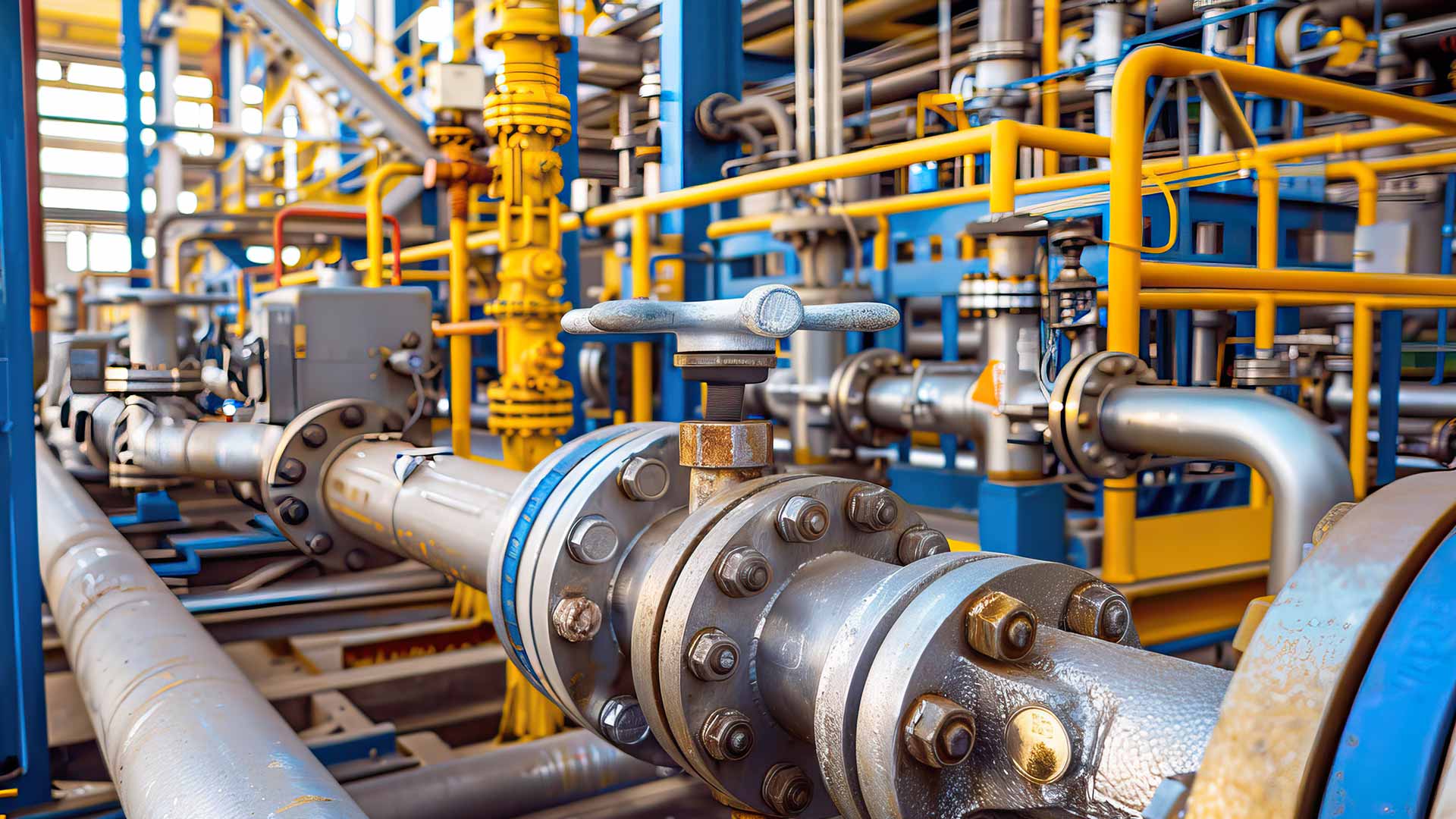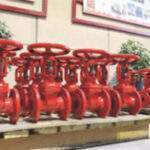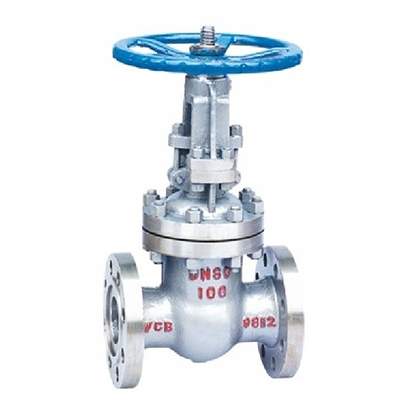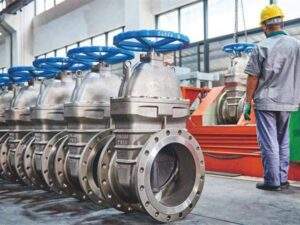Welcome to My Blog!
Before we dive into the content, I’d love for you to join me on my social media platforms where I share more insights, engage with the community, and post updates. Here’s how you can connect with me:
Facebook:https://www.facebook.com/profile.php?id=61563865935136
Now, let’s get started on our journey together. I hope you find the content here insightful, engaging, and valuable.
Introduction
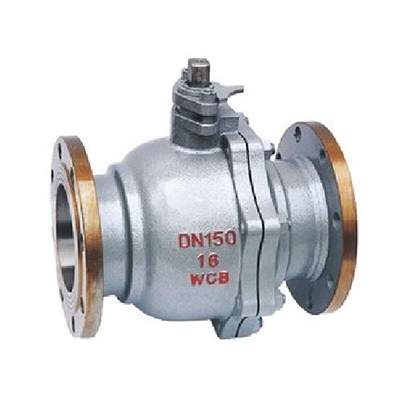
In the world of industrial fluid control, choosing the right valve is critical for ensuring efficiency, safety, and longevity in operations. Among the various valve types, a ball valve stands out as a top choice for industries ranging from oil and gas to water treatment and chemical processing. At Fanlei, a leading valve manufacturing company specializing in research, design, production, and sales, we understand the importance of reliable valve solutions. Our high-quality ball valves are engineered to meet diverse application needs, offering unmatched performance and durability. This blog explores why a ball valve is the preferred option for industrial applications, delving into its design, functionality, and benefits.
What is Ball Valve and How Does It Work?
A ball valve is a quarter-turn valve that uses a spherical ball with a hole through its center to control the flow of fluids. When the valve handle is turned, the ball rotates to either align the hole with the pipeline, allowing flow, or perpendicular to it, stopping the flow entirely. This simple yet effective mechanism makes ball valve highly reliable for on-off control in various systems. Fanlei’s ball valves are designed with precision, ensuring smooth operation and tight sealing to prevent leaks, even in high-pressure environments.
Key Components of Ball Valve
The primary components of a ball valve include the body, ball, seats, stem, and handle or actuator. The ball, typically made from materials like stainless steel or brass, is the core element that regulates flow. The seats, often made from durable materials like PTFE, ensure a tight seal when the valve is closed. Fanlei incorporates advanced materials and innovative designs to enhance the performance of these components, making our ball valves suitable for demanding industrial conditions.
Why Choose a Ball Valve for Industrial Applications?
A ball valve is favored in industrial settings due to its versatility, reliability, and ease of use. Unlike other valve types, such as gate or globe valves, a ball valve offers quick operation with minimal effort, thanks to its quarter-turn mechanism. This feature is particularly valuable in applications requiring frequent on-off cycles. Additionally, the robust design of a ball valve ensures it can withstand high pressures and temperatures, making it ideal for industries like petrochemicals, pharmaceuticals, and power generation.
Durability and Longevity of Ball Valve
One of the standout features of a ball valve is its durability. The spherical ball and sturdy seats are designed to resist wear and tear, even in harsh environments. At Fanlei, our ball valves undergo rigorous testing to ensure they meet industry standards for longevity and performance. Whether handling corrosive chemicals or abrasive slurries, ball valve from Fanlei maintains its integrity, reducing the need for frequent replacements and minimizing downtime.
Versatility Across Industries
A ball valve is incredibly versatile, accommodating a wide range of fluids, including gases, liquids, and slurries. From water treatment plants to oil refineries, a ball valve can be tailored to meet specific application requirements. Fanlei’s extensive product line includes ball valves in various sizes, materials, and configurations, ensuring compatibility with diverse industrial processes.
Comparing a Ball Valve to Other Valve Types
While gate valves and butterfly valves have their uses, ball valve often outperforms them in terms of speed, sealing, and maintenance. For instance, gate valves require multiple turns to open or close, making them less efficient for quick operations. Butterfly valves, while compact, may not provide the same level of leak-tight performance as ball valve. Fanlei’s ball valves are engineered to combine the best of both worlds: compact design and superior sealing capabilities.
Maintenance and Cost-Effectiveness
Maintaining a ball valve is straightforward, as its simple design has fewer moving parts compared to other valve types. This simplicity translates to lower maintenance costs and reduced downtime. Fanlei’s ball valves are designed for easy disassembly and repair, ensuring long-term cost savings for industrial operators. By choosing ball valve, businesses can achieve operational efficiency without compromising on quality.
Technical Specifications of a Ball Valve
To illustrate the capabilities of a ball valve, the following table outlines key technical specifications commonly associated with high-quality ball valves, such as those produced by Fanlei:
| Feature | Description |
|---|---|
| Size Range | 1/2″ to 24″ (DN15 to DN600) |
| Pressure Rating | ANSI Class 150 to 2500, PN10 to PN420 |
| Material Options | Stainless Steel, Carbon Steel, Brass, Alloy, PVC |
| Temperature Range | -20°C to 200°C (depending on material and seal type) |
| End Connections | Threaded, Flanged, Welded, Socket Weld |
| Actuation Options | Manual, Pneumatic, Electric, Hydraulic |
| Applications | Oil & Gas, Water Treatment, Chemical Processing, HVAC, Food & Beverage |
This table highlights the adaptability of ball valve, making it suitable for a wide range of industrial applications. Fanlei’s commitment to quality ensures that each ball valve meets or exceeds these specifications, providing reliable performance in any setting.
Safety and Reliability of a Ball Valve
Safety is a top priority in industrial operations, and a ball valve excels in this area. Its tight sealing capabilities prevent leaks, reducing the risk of hazardous spills or system failures. Additionally, ball valve can be equipped with locking mechanisms to prevent unauthorized operation, enhancing workplace safety. Fanlei’s ball valves are designed with safety in mind, incorporating features like blowout-proof stems and fire-safe designs to meet stringent industry standards.
Corrosion Resistance and Material Options
A ball valve can be manufactured from a variety of materials to suit specific environmental conditions. For instance, stainless steel ball valves are ideal for corrosive environments, while PVC ball valves are perfect for water and wastewater applications. Fanlei offers a range of material options, allowing customers to select ball valve that matches their operational needs, ensuring long-term reliability and performance.
Environmental Benefits of Using Ball Valve
In today’s eco-conscious world, industries are increasingly focused on sustainability. A ball valve contributes to environmental responsibility by minimizing leaks and reducing energy consumption. Its efficient design ensures minimal pressure loss, which translates to lower energy costs in pumping systems. Fanlei’s ball valves are designed with sustainability in mind, using environmentally friendly materials and manufacturing processes to support green initiatives.
Customization for Specific Needs
Every industry has unique requirements, and a ball valve can be customized to meet those needs. Whether it’s a specific size, material, or actuation type, Fanlei offers tailored solutions to ensure optimal performance. Our team of experts works closely with clients to design and produce ball valves that align with their operational goals, making a ball valve from Fanlei a versatile choice for any application.
Installation and Operation of a Ball Valve
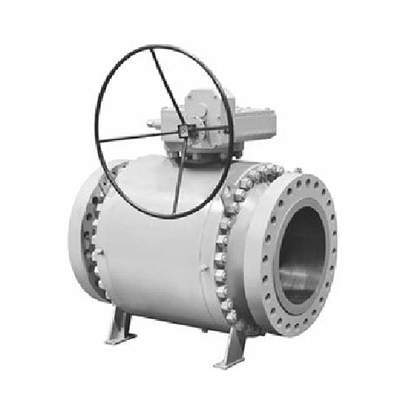
Installing and operating a ball valve is straightforward, thanks to its user-friendly design. The quarter-turn operation allows for quick and easy control, while standardized end connections ensure compatibility with existing piping systems. Fanlei provides detailed installation guides and technical support to ensure seamless integration of our ball valves into your operations.
Common Applications of a Ball Valve
A ball valve is used in a variety of applications, including:
- Oil and Gas: Controlling flow in pipelines and refineries.
- Water Treatment: Managing water flow in treatment plants and distribution systems.
- Chemical Processing: Handling corrosive fluids with precision.
- HVAC Systems: Regulating flow in heating and cooling systems.
- Food and Beverage: Ensuring hygienic fluid control in processing plants.
Fanlei’s ball valves are trusted across these industries for their reliability and performance, making them a go-to solution for fluid control.
Conclusion
In summary, a ball valve is the top industrial choice due to its durability, versatility, and ease of use. Its robust design, coupled with low maintenance requirements and excellent sealing capabilities, makes it an essential component in countless industrial applications. At Fanlei, we pride ourselves on delivering high-quality ball valves that meet the diverse needs of our clients. Ready to enhance your operations with a reliable ball valve? Contact us today to explore our range of products and find the perfect solution for your needs.
FAQ
What is the main advantage of using a ball valve?
A ball valve offers quick operation, reliable sealing, and durability, making it ideal for applications requiring frequent on-off control.
Can a ball valve be used for throttling?
While a ball valve is primarily designed for on-off control, certain designs, such as V-port ball valves, can be used for throttling applications.
What materials are available for a ball valve?
A ball valve can be made from materials like stainless steel, carbon steel, brass, or PVC, depending on the application requirements.

